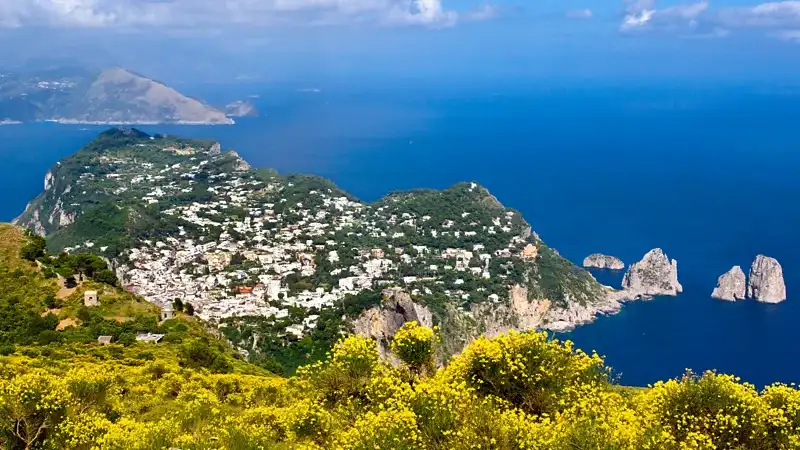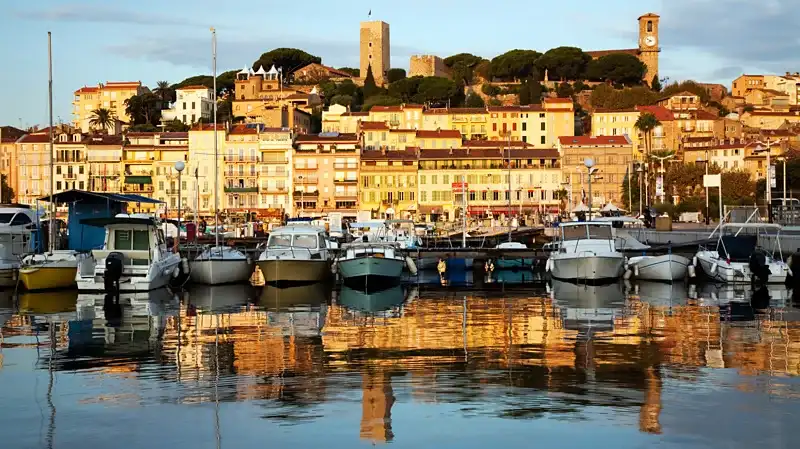The Inca Trail is a once-in-a-lifetime journey — a breathtaking 43km route that ascends from the Sacred Valley to the world-famous ruins of Machu Picchu. But behind the allure of cloud forests, ancient staircases and sweeping Andean views lies a story far more complex — one that raises serious questions about ethics, fairness and the human cost of tourism.
A Legendary Trail With Modern Struggles
Each year, thousands of trekkers flock to Peru to walk the Inca Trail, which climbs from 2,840m to its highest point — Dead Woman’s Pass — at 4,215m, before descending to the ruins of Machu Picchu. With limited permits issued daily, spots sell out quickly, making the trail one of the most sought-after hikes in the world.
But Popularity Comes With a Price
While the trail’s beauty is undeniable, working conditions for the porters who carry tourists’ gear tell a more troubling story. Because mules are not allowed on the trail to preserve its delicate stonework, the entire weight of the trek — from tents and tables to cookware and backpacks — falls on human shoulders. Many of those shoulders belong to Indigenous men and women who are often overworked and underpaid.

The Hidden Reality of Porter Labor
Peruvian law requires porters to be paid a minimum of s/650 (roughly £140 or $176) for the four-day trek. But many tour companies ignore this mandate, offering as little as s/350 instead. Moreover, the legal weight limit — 20kg for men and 15kg for women — is frequently violated, with some porters carrying up to 40kg.
A System With Loopholes
To avoid penalties, some companies smuggle gear around checkpoints or bribe officials tasked with enforcement. Injuries, especially to knees and backs, are common. Many porters work while suffering from hernias or chronic pain, lacking access to medical care or even clean drinking water. They often sleep in muddy dining tents while tourists rest in comfort.
How to Be a Responsible Trekker
If you’re planning to hike the Inca Trail and want to ensure your journey is both memorable and mindful, there are steps you can take to support the wellbeing of the people who make the trek possible.
1. Choose Your Tour Operator Wisely
- Look for operators like Evolution Treks Peru or Intrepid Travel that are known for ethical practices.
- Search for reviews that mention porter treatment and working conditions.
- Check if porters are provided ergonomic backpacks and proper sleeping arrangements.
2. Ask the Right Questions
- What weight are porters expected to carry?
- Are women porters employed and in leadership roles?
- Do porters wear company uniforms or their traditional Quechua clothing?
- Is camping gear lightweight to reduce porter burden?
3. Consider Alternative Routes
The Inca Trail isn’t the only path to Machu Picchu. Other treks offer incredible scenery and cultural immersion without the strict porter limitations:
- Lares Trek: Best for community interaction, using mules for load carrying.
- Salkantay Trek: Ideal for adventurers seeking eco-lodges and fewer crowds.

Spotlight on Female Porters
Some guides say one of the clearest signs of a company’s ethical approach is the presence of female porters. Women are more likely to seek medical attention when injured, insist on clean sleeping areas, and encourage overall team wellbeing. Mixed-gender porter teams are becoming more common — and often, more respected.
“When there are more women on a team, the experience is better for everyone,” says Natalia Amao Huillca, who’s been guiding on the trail since 2007. “I like working with teams where women hold leadership roles.”
Travel With Intention
Ethical hiking isn’t just about lightening your footprint — it’s about lifting up those who carry the trail on their backs. The Inca Trail may be a world wonder, but the people behind its magic are often overlooked.
Support Matters
“Without porters, there is no Inca Trail,” says veteran guide Edson Lucana Mejía. His sentiment is echoed by many in the region who believe that fair treatment isn’t just the right thing — it’s what gives the trail its soul.
So as you plan your journey through the misty Andean passes and towards the sun gate at Machu Picchu, ask yourself: who’s carrying your experience? And how can you make sure their journey is just as memorable — and just as fair — as yours?






